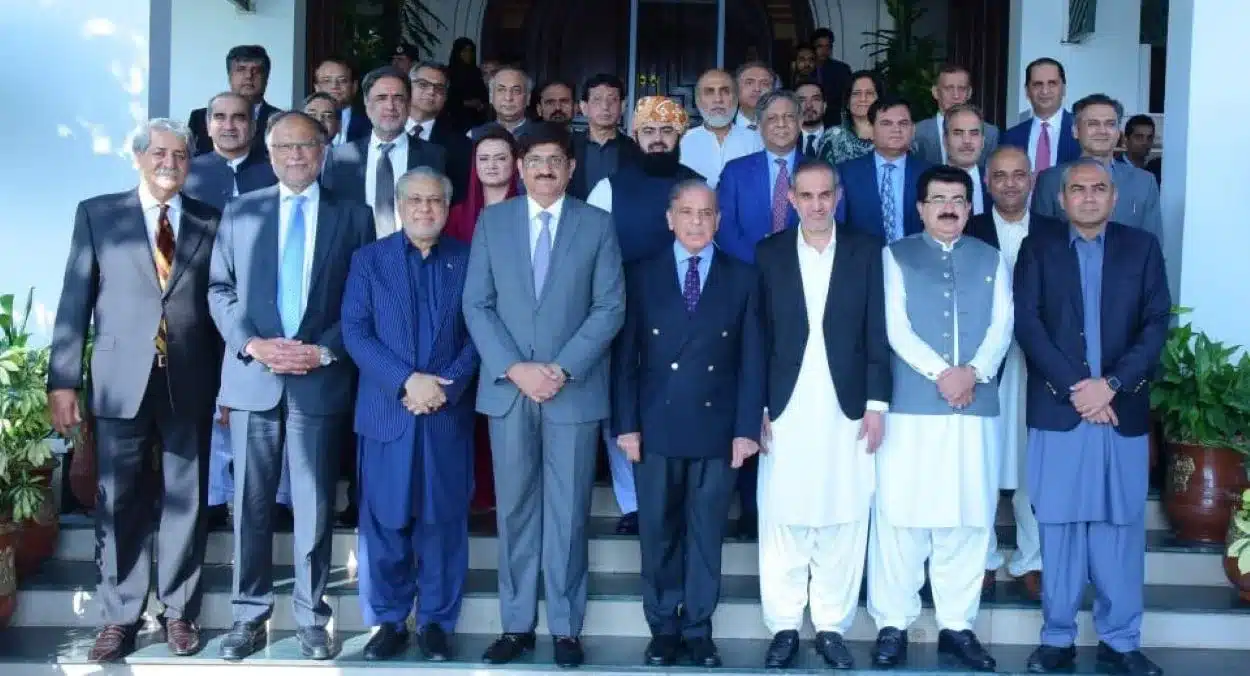The Council of Common Interests (CCI), in a meeting chaired by Prime Minister Shehbaz Sharif, has unanimously approved the 2023 census. The agreement arrived at during this assembly, which involved participation from chief ministers of all provinces and representatives from all political parties, indicates a probable delay in the country’s forthcoming general elections.
Key figures, including Sindh Chief Minister Murad Ali Shah, Punjab Caretaker Chief Minister Mohsin Naqvi, and other ministry heads, attended the CCI meeting. A post-meeting statement confirmed the collective approval of Census 2023, indicating a successful collaboration between provincial governments and the Pakistan Bureau of Statistics (PBS).
In the meeting, the Ministry of Planning presented insights on the digital census and the results of the 2023 census. According to this data, Pakistan’s current population stands at 241.49 million, experiencing an annual growth rate of 2.55%. Balochistan leads with the highest population growth rate of 3.2%.
The Implications of Census 2023 for General Elections
The decision made in the CCI meeting, however, has several implications. With the new census data now official, the Election Commission of Pakistan (ECP) is required by law to recalibrate the electoral constituencies based on the updated data, an exercise known as delimitation.
The general elections will likely be delayed by a few months. The delay has sparked differing opinions among the ruling coalition. The Muttahida Qaumi Movement-Pakistan (MQM-P) supports using the new census data for the upcoming elections. At the same time, the Pakistan Peoples Party (PPP) asserts that the elections should be based on the 2017 census to avoid any delay.
Despite these conflicting views, the CCI’s unanimous approval of the 2023 census now means that the ECP must initiate the process of fresh delimitation. Hence, as former ECP secretary Kanwar Dilshad stated, “If the CCI approves the census 2023, elections will be held in 2024.”






